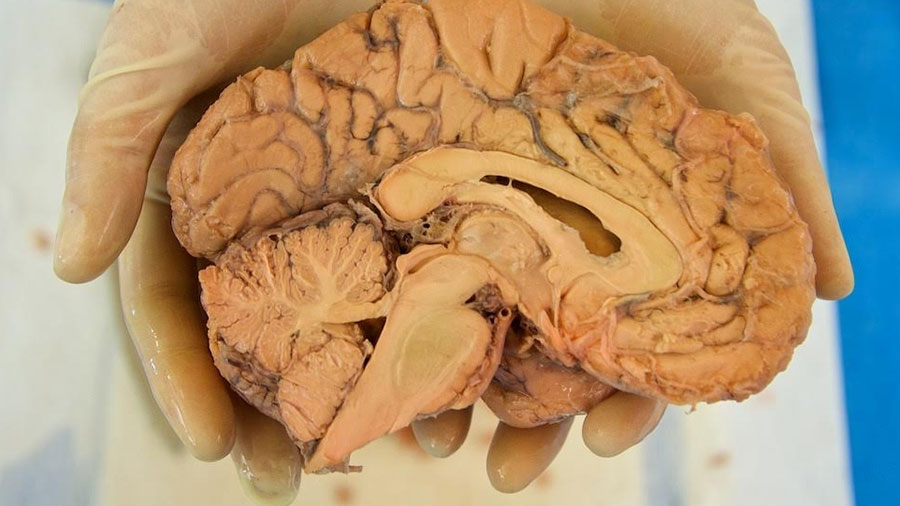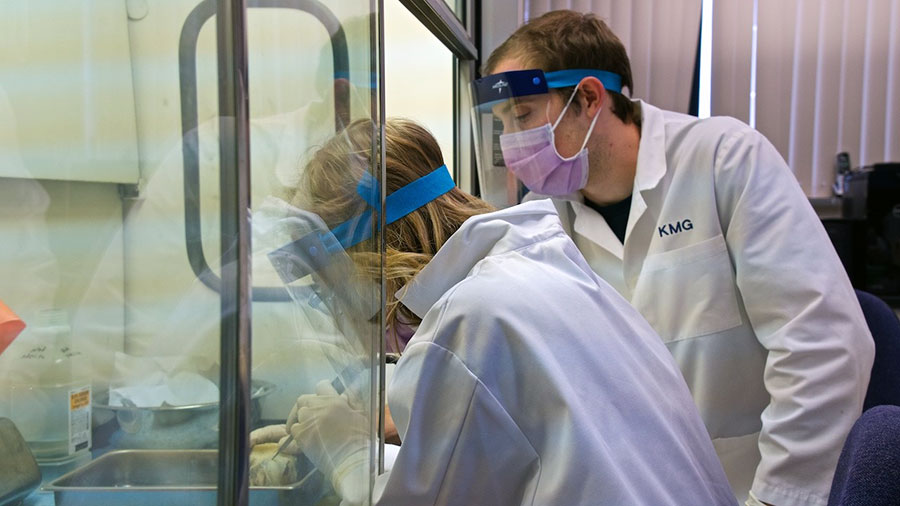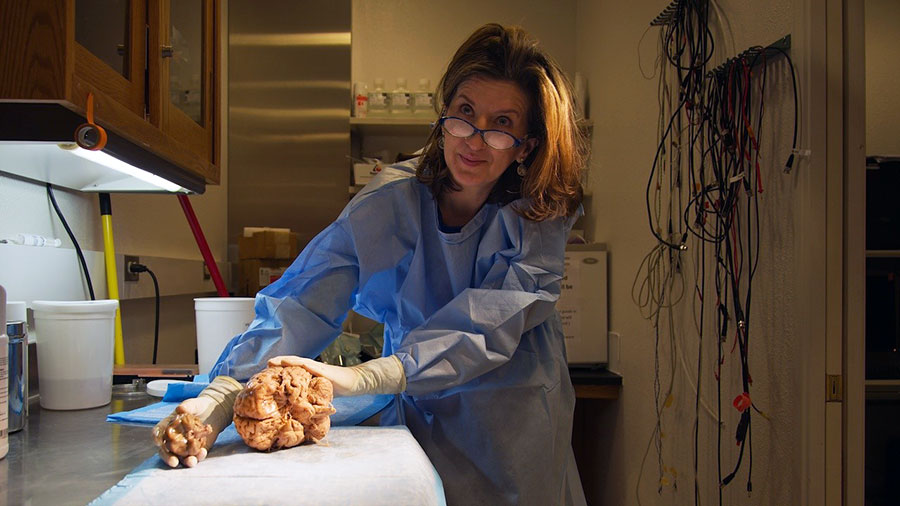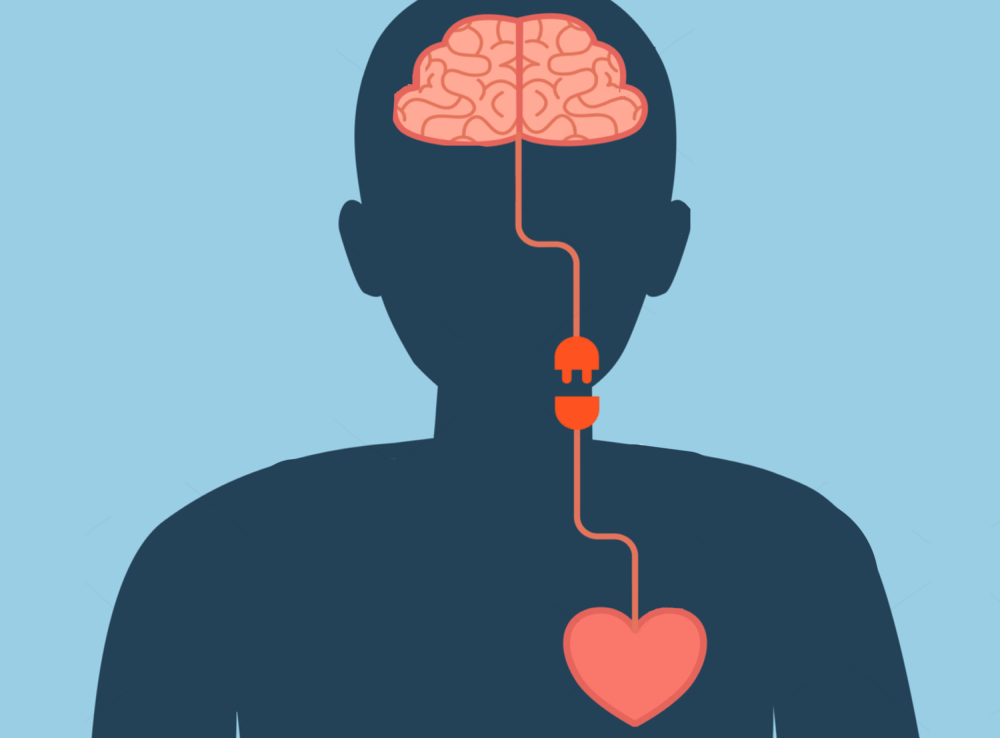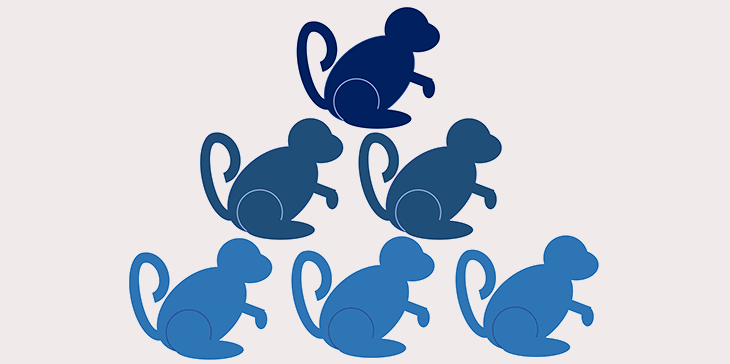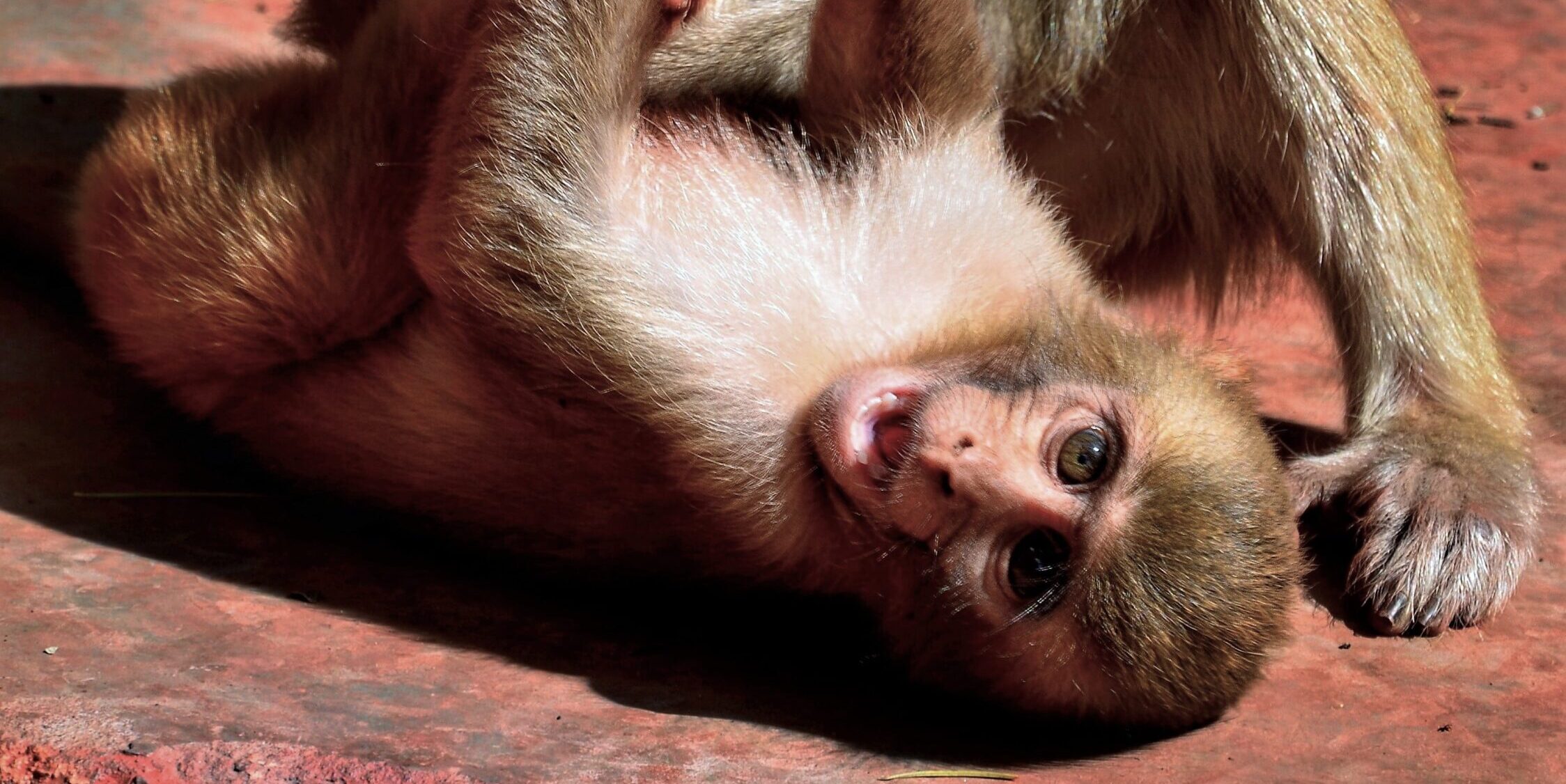About the
Gothard Lab
What We Study
Our Research
The brain is the most powerful instrument of nature and is unmatched in its complexity. The suffering it can inflict is also unmatched in its severity. Relief or cure will be difficult to reach until we know how the brain works and how it shapes our mental lives. The research in our lab is focused on the amygdala, a central knot in the tangle of brain circuits that control emotions. Abnormal activity in the amygdala plays a pivotal, and often even a causal role, in numerous mental disorders.
In both health and disease, the amygdala acts like a miniature brain by itself. It processes inputs from all our senses and decides, moment by moment, whether the signals received are good, bad, or neutral. It also decides how our body should respond to emotional events and whether these events should be stored in memory. We study the cellular basis of amygdala function in non-human primates because their emotional processes and social behaviors are quite similar to our own. We take advantage of their natural behaviors including the use of facial expressions and eye contact to engage their social partners, the building of lasting bonds through touch, and their ability to fit into complex, hierarchical societies.
